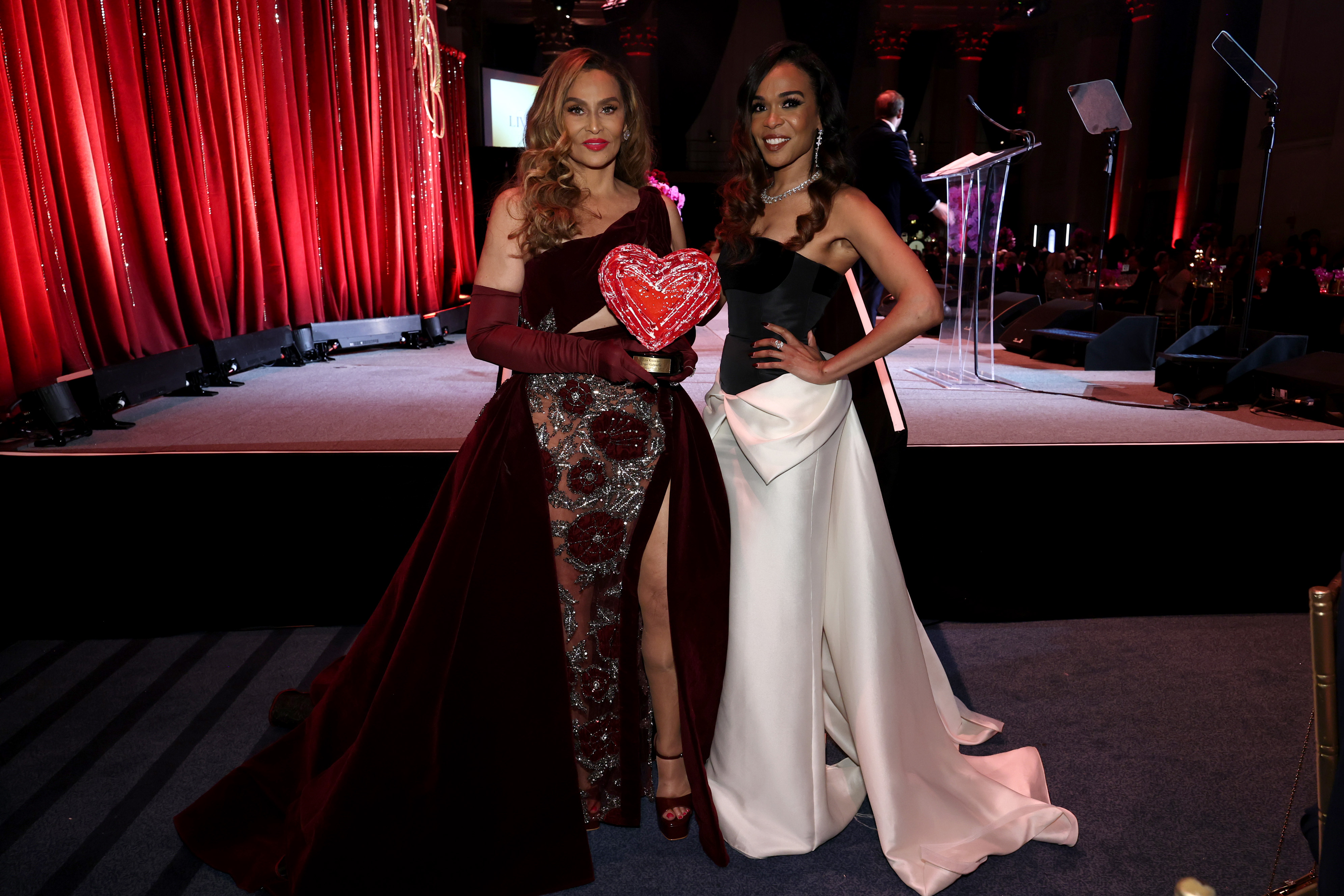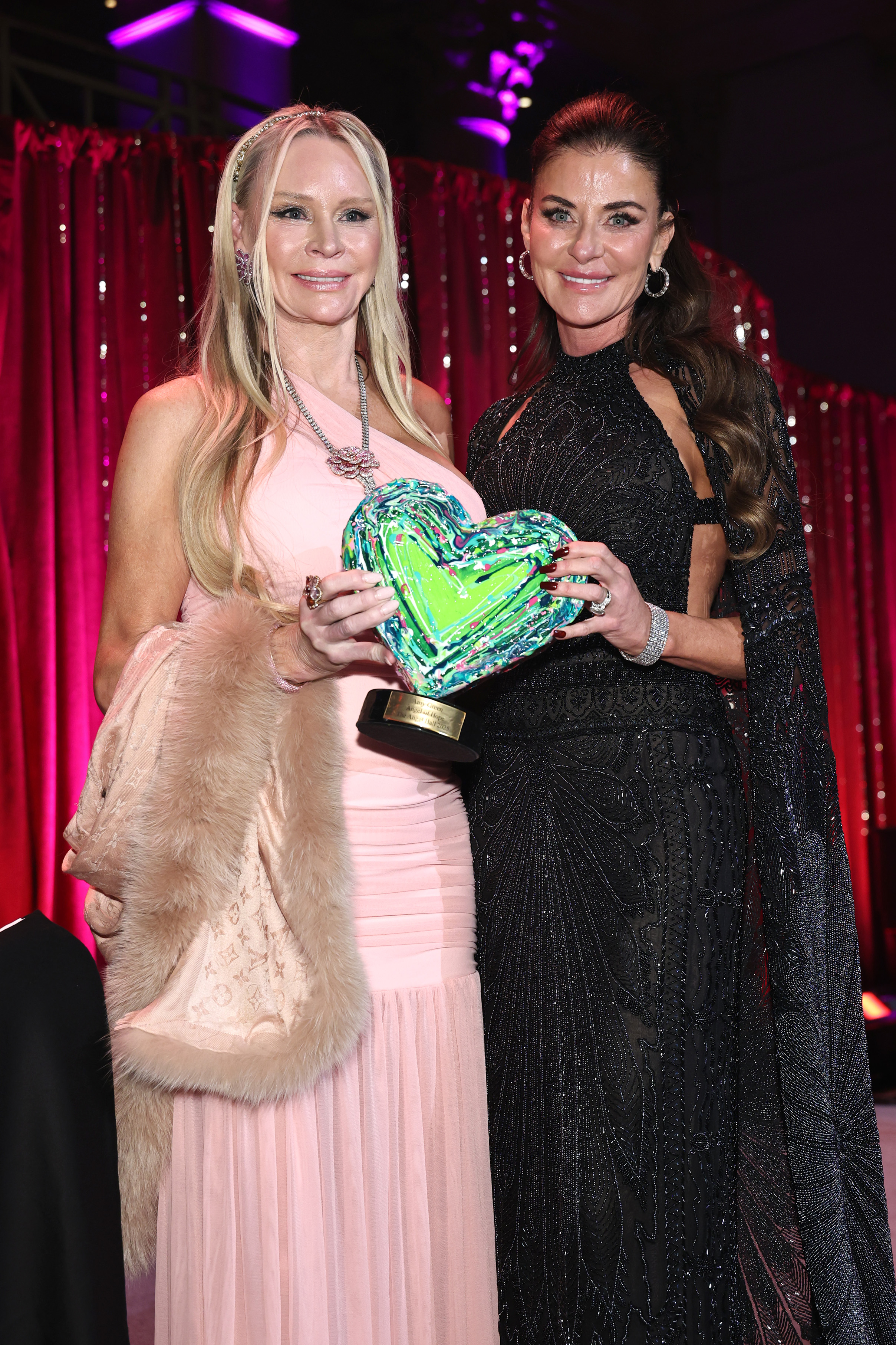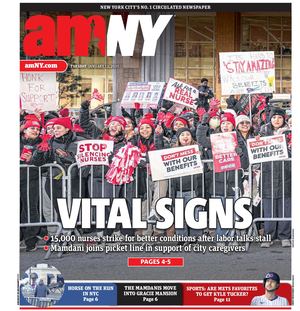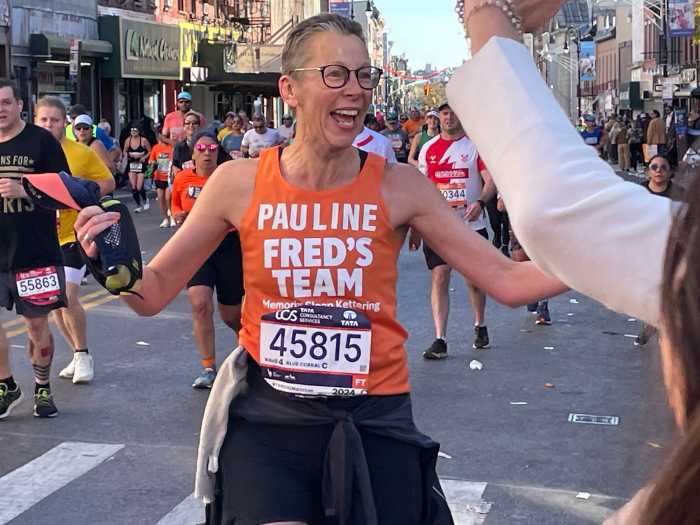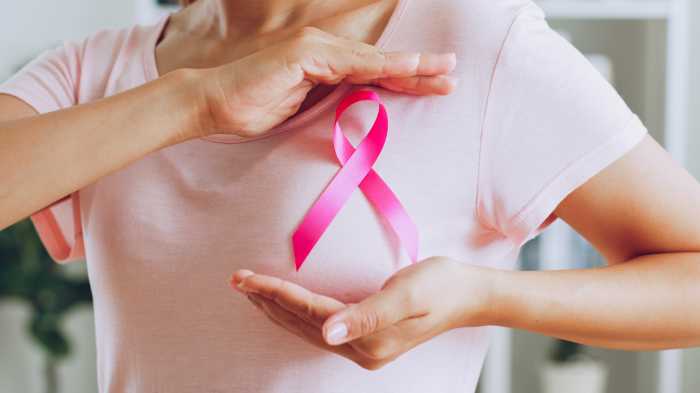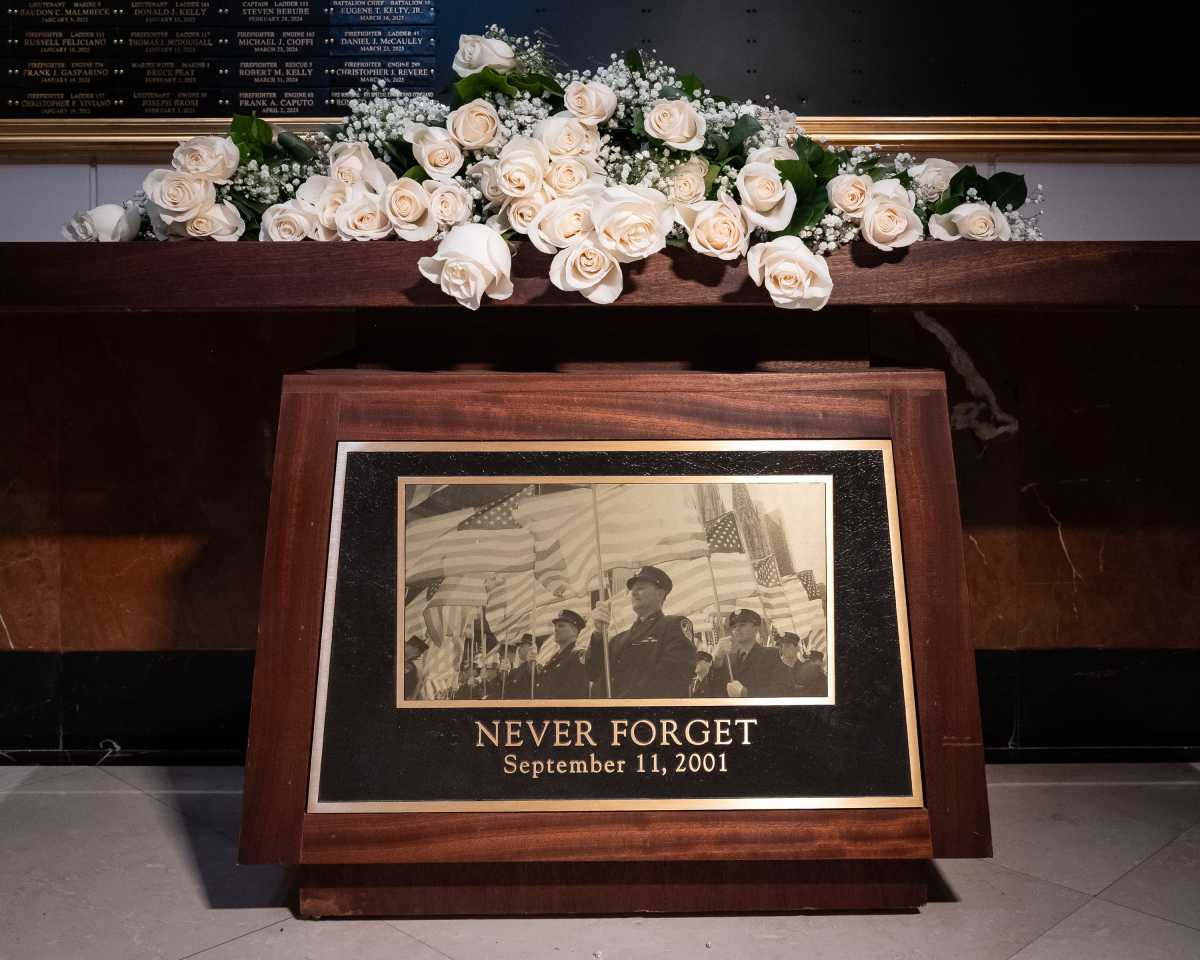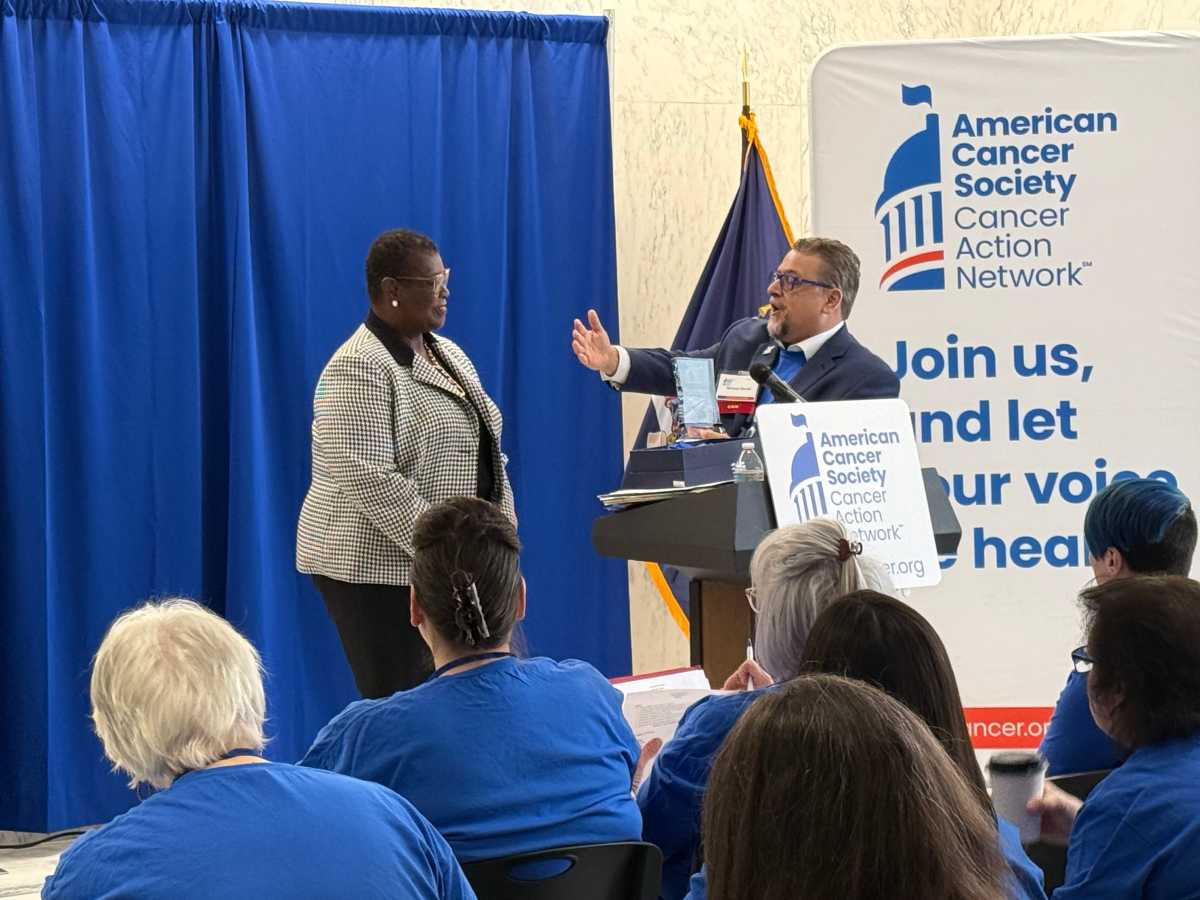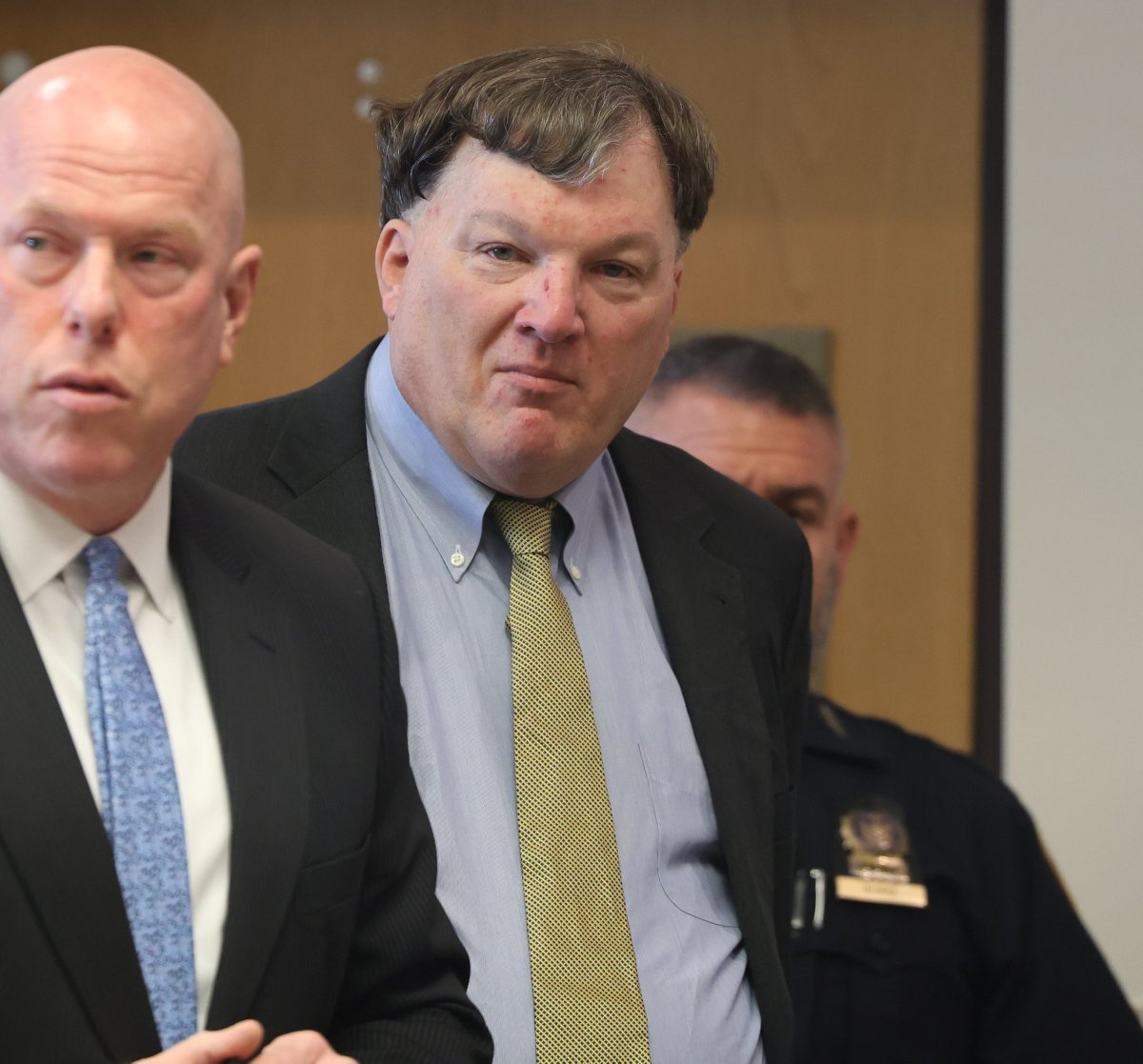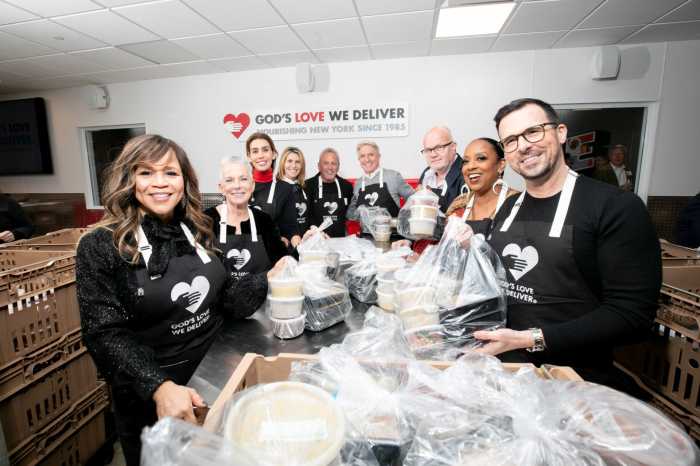On Monday night, Cipriani Wall Street hosted a gathering with a purpose that has nothing to do with appearances. The 27th Annual Angel Ball, benefiting Gabrielle’s Angel Foundation for Cancer Research, convened a coalition of benefactors, scientists, cultural leaders, and survivors to confront an ongoing crisis: cancer continues to dismantle lives at a pace that feels like negligence.
The Foundation was created by Denise Rich after losing her daughter, Gabrielle, to acute myelogenous leukemia at 27. Rather than accepting grief as a closed narrative, she redirected it. She converted devastation into infrastructure, building one of the nation’s most effective private funders of blood cancer research. More than $45 million has been deployed to propel the science forward. That is not charity; that is pressure applied at the exact point where progress too often stalls.
Cancer is frequently understood through statistics until it becomes personal. When my father’s oncologist announced that he would not survive the year, his statement was delivered as though it were a calendar note instead of a death sentence. He died before science could offer him a fighting chance. Anyone who has experienced such loss understands the fury that follows — fury at the disease, at the limitations of medicine, at time itself.
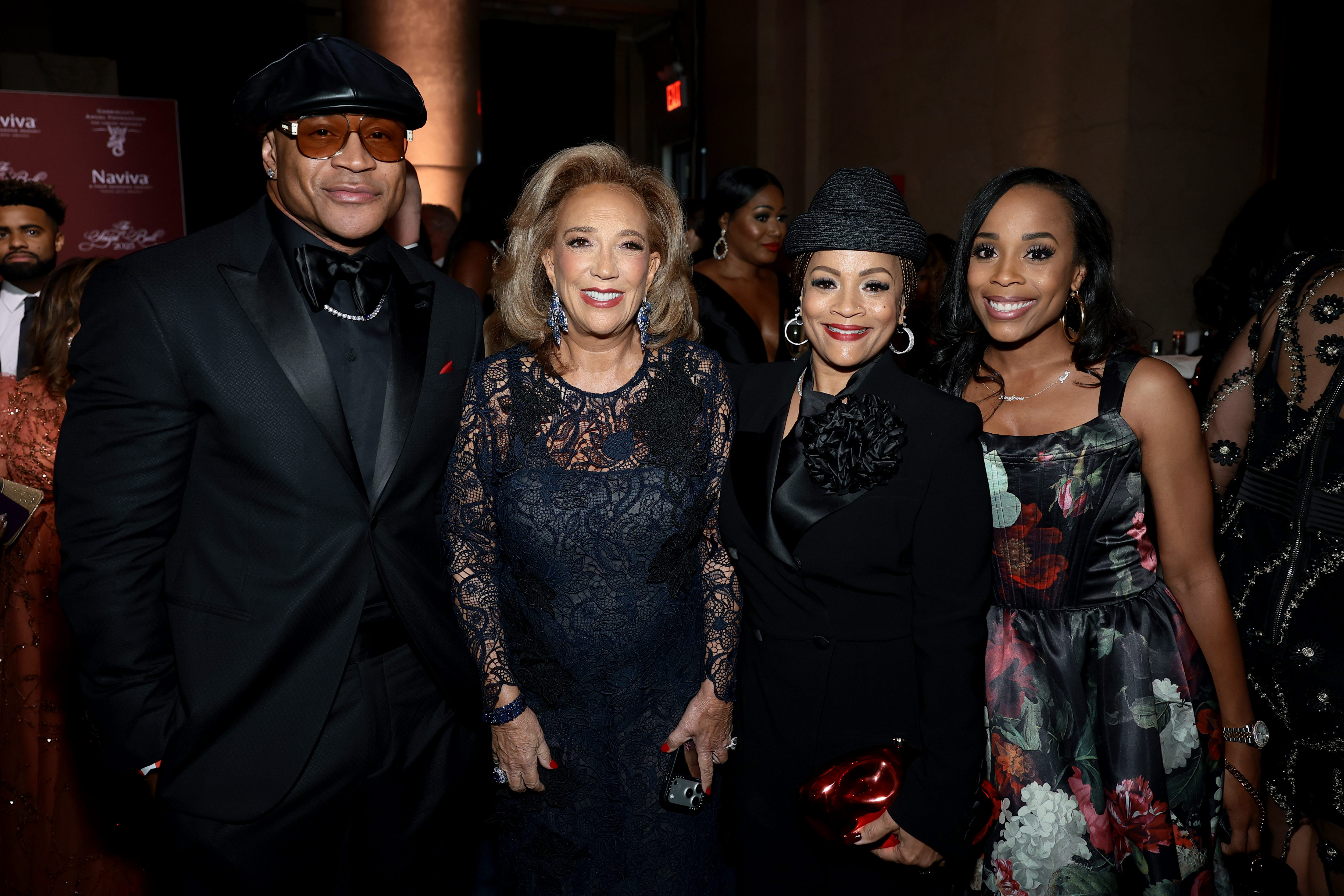
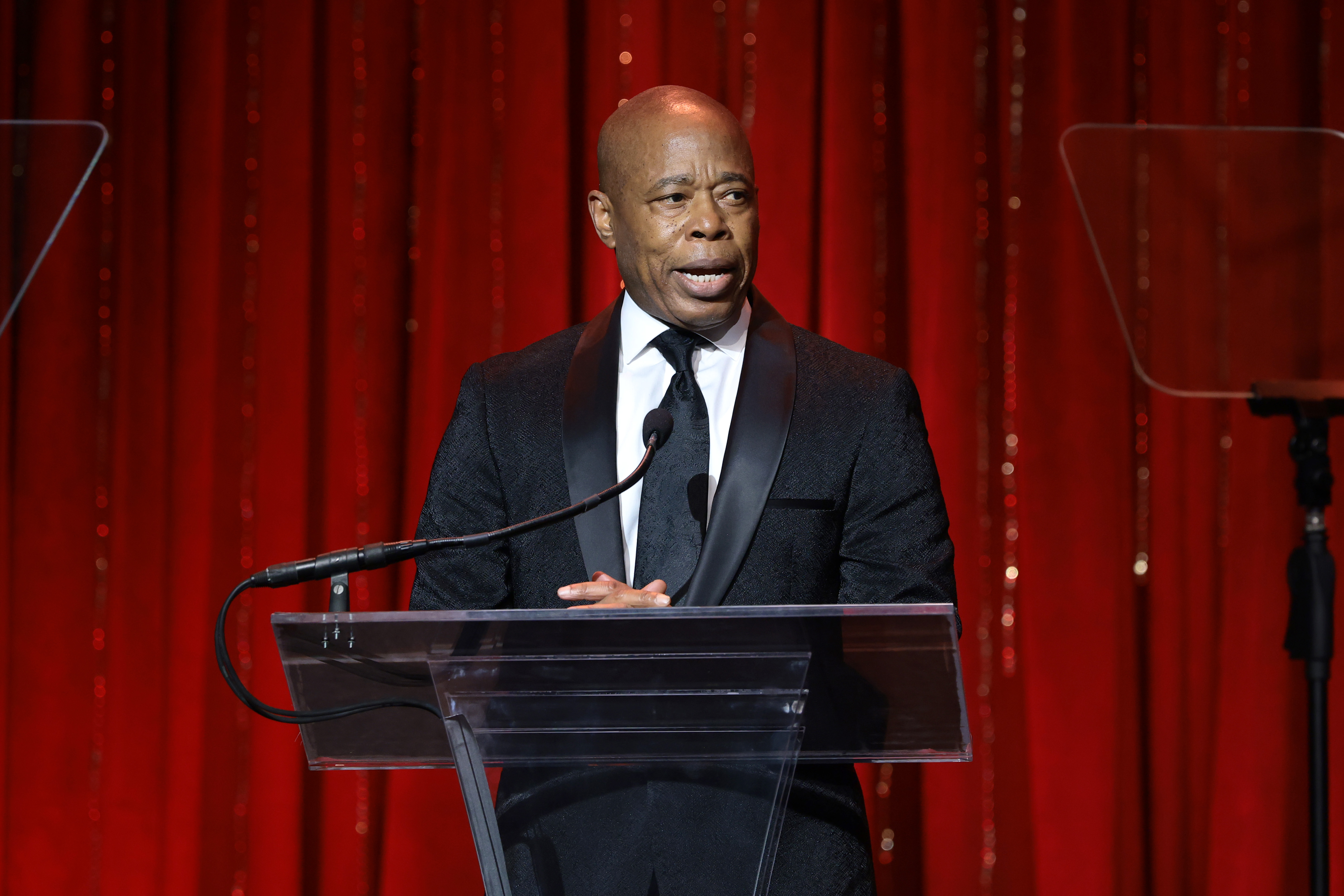
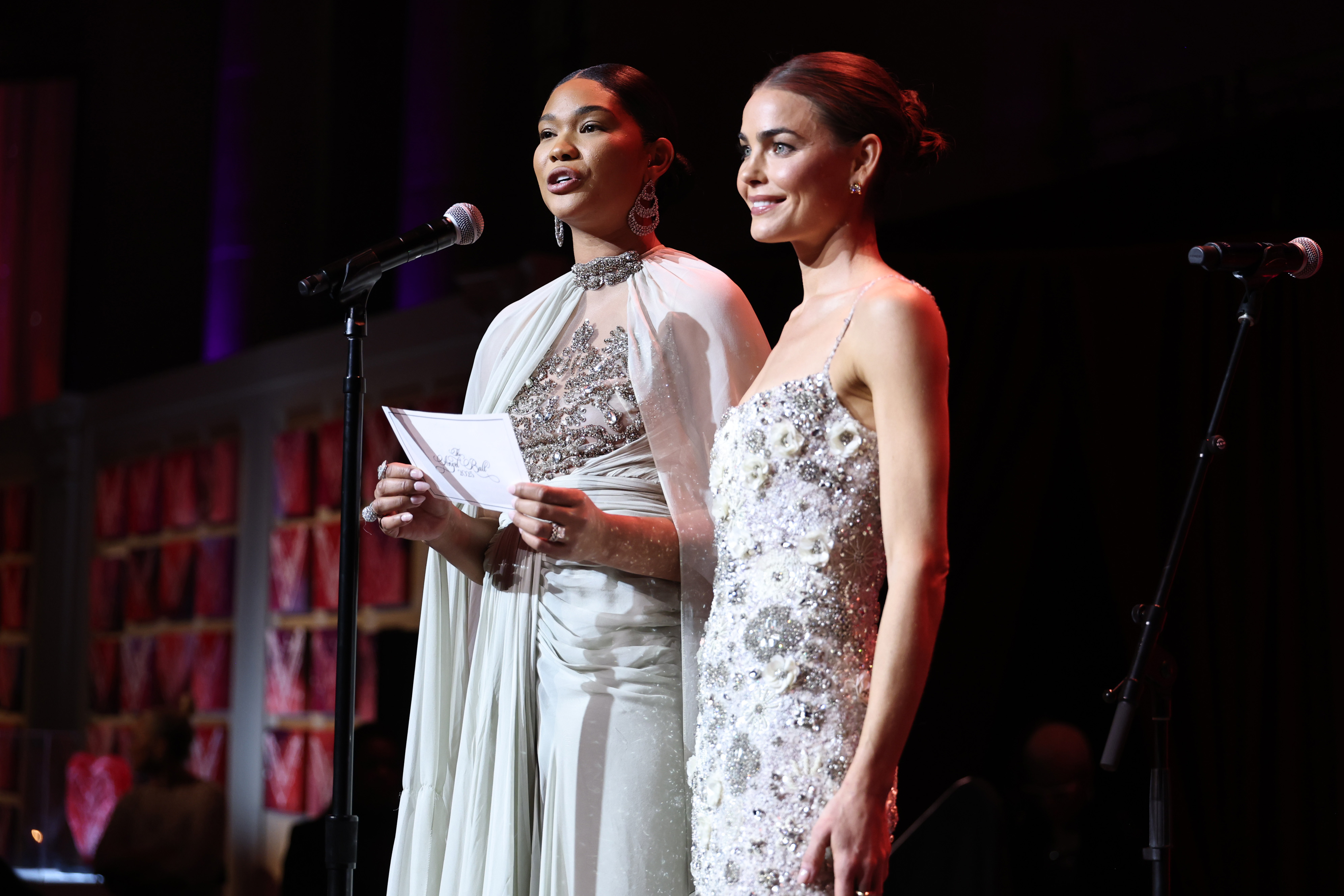
The Angel Ball lives in that liminal space: the territory between mourning and meaningful change.
This year’s honorees embodied that urgency:
- Tina Knowles, a breast cancer survivor whose advocacy is grounded in lived experience rather than abstraction, and whose influence continues to raise awareness far beyond the medical community
• Skye & Don Rufus Hankey, whose philanthropy has reshaped access to cancer care and reinforced the idea that wealth must participate in the public good
• Amy Green, CEO of The Green Vision Foundation, recognized for cross-disciplinary leadership spanning ocean restoration, climate resilience, anti-poaching initiatives, and global health — a reminder that environmental and human survival are inextricable
The Angel Ball has always leveraged cultural recognition to advance scientific urgency, and that dynamic was visible throughout the room. LL Cool J, seemingly immune to the passage of time, greeted guests with the kind of presence that simultaneously disarms and reassures. Blue Ivy Carter, poised and visibly proud, represented her grandmother Tina Knowles with the quiet dignity of someone who already understands her family’s legacy of influence and service. That single detail said more about continuity and purpose than any scripted speech could have.
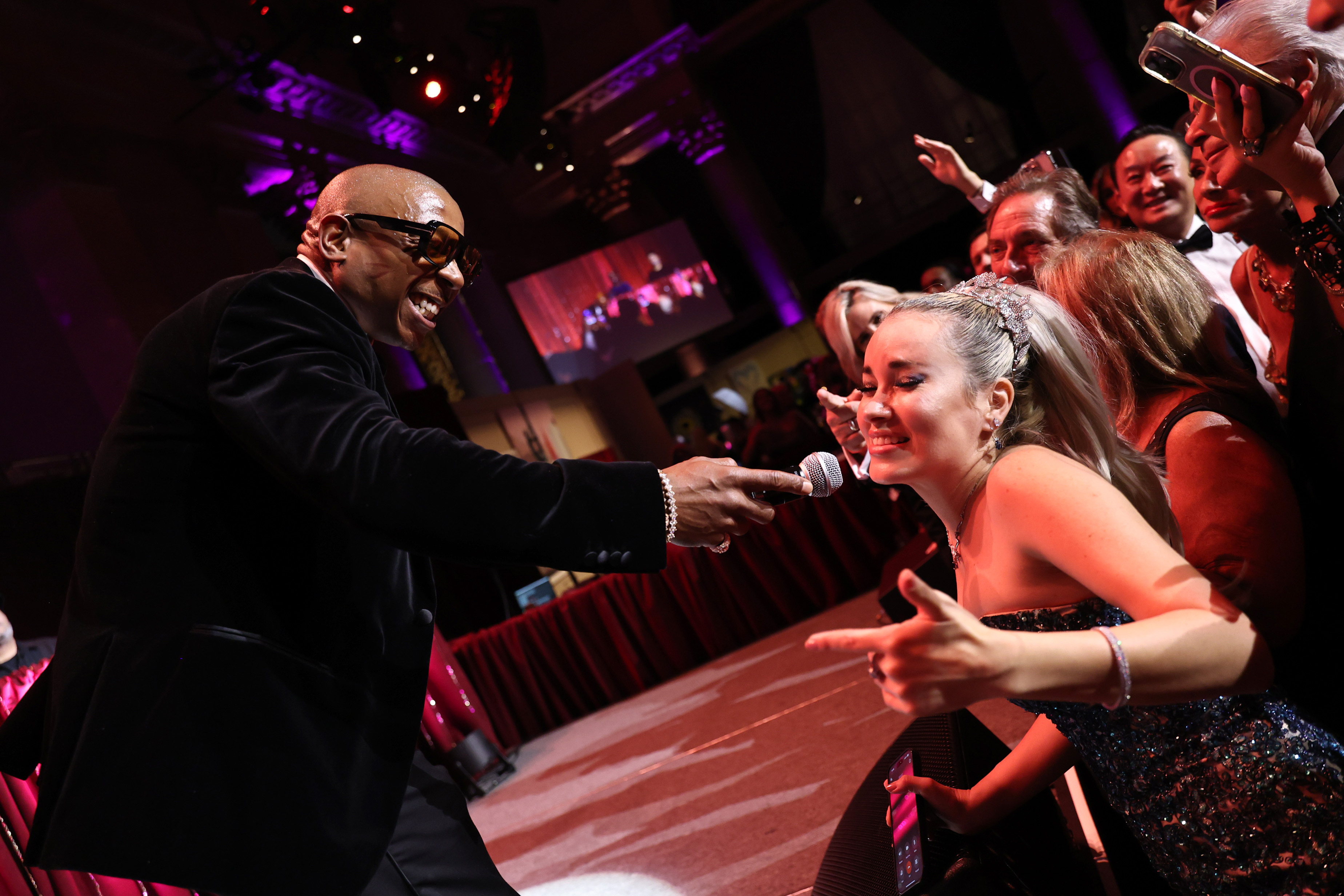
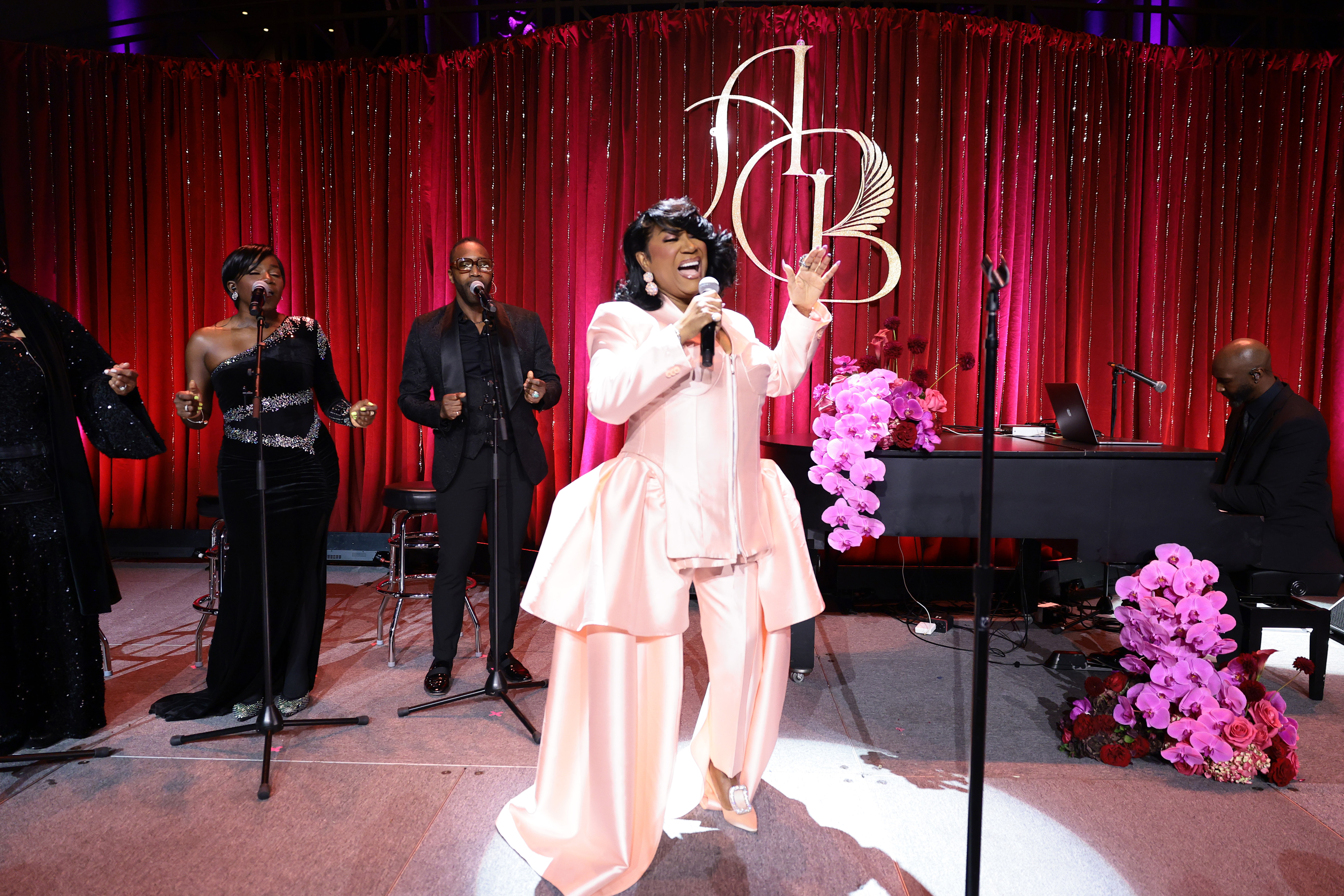

The program reinforced what remains possible when attention is directed, rather than distracted. Survivors stood as evidence that research is not theoretical; it is the difference between a future that continues and one that ends too early.
The performances followed that same logic. Montego Glover offered vocal restraint that excellence through a heartfelt rendition of “Blue River”. Stunning the room with unmatched beauty and poise– Patti LaBelle, unbothered by time’s attempts to challenge her mastery, hit every high note with surgical accuracy. Her rendition of “Lady Marmalade” reminded the room that a voice can be a body’s refusal to surrender. Ja Rule closed the night with the kind of collective nostalgia that loosens tension, making space for community, even temporarily, in a world that often withholds relief.
The auction was not an exercise in indulgence. It was transactional activism. Artworks, jewels, exclusive escapes — these offerings became mechanisms to move money toward labs where answers remain unfinished.
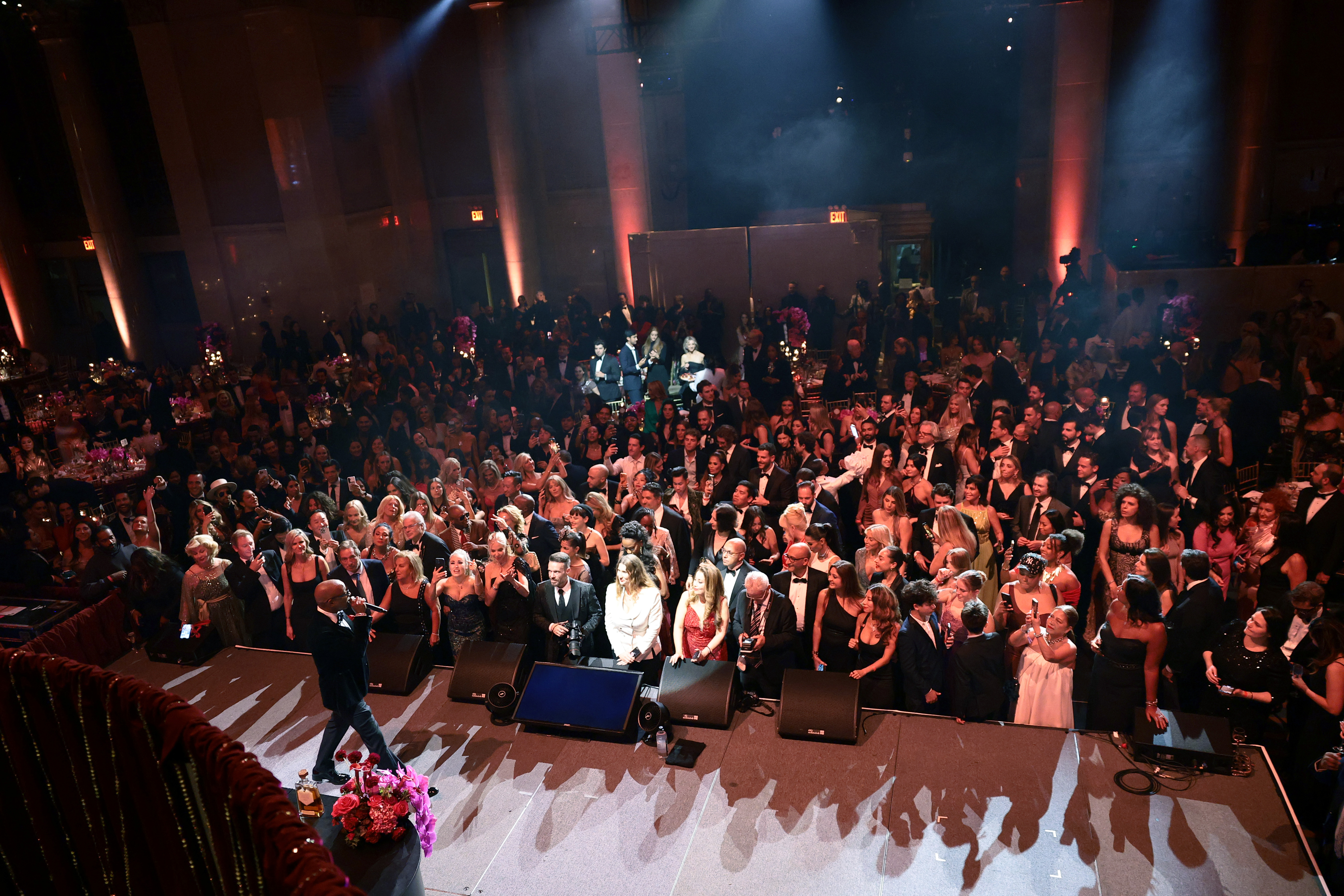
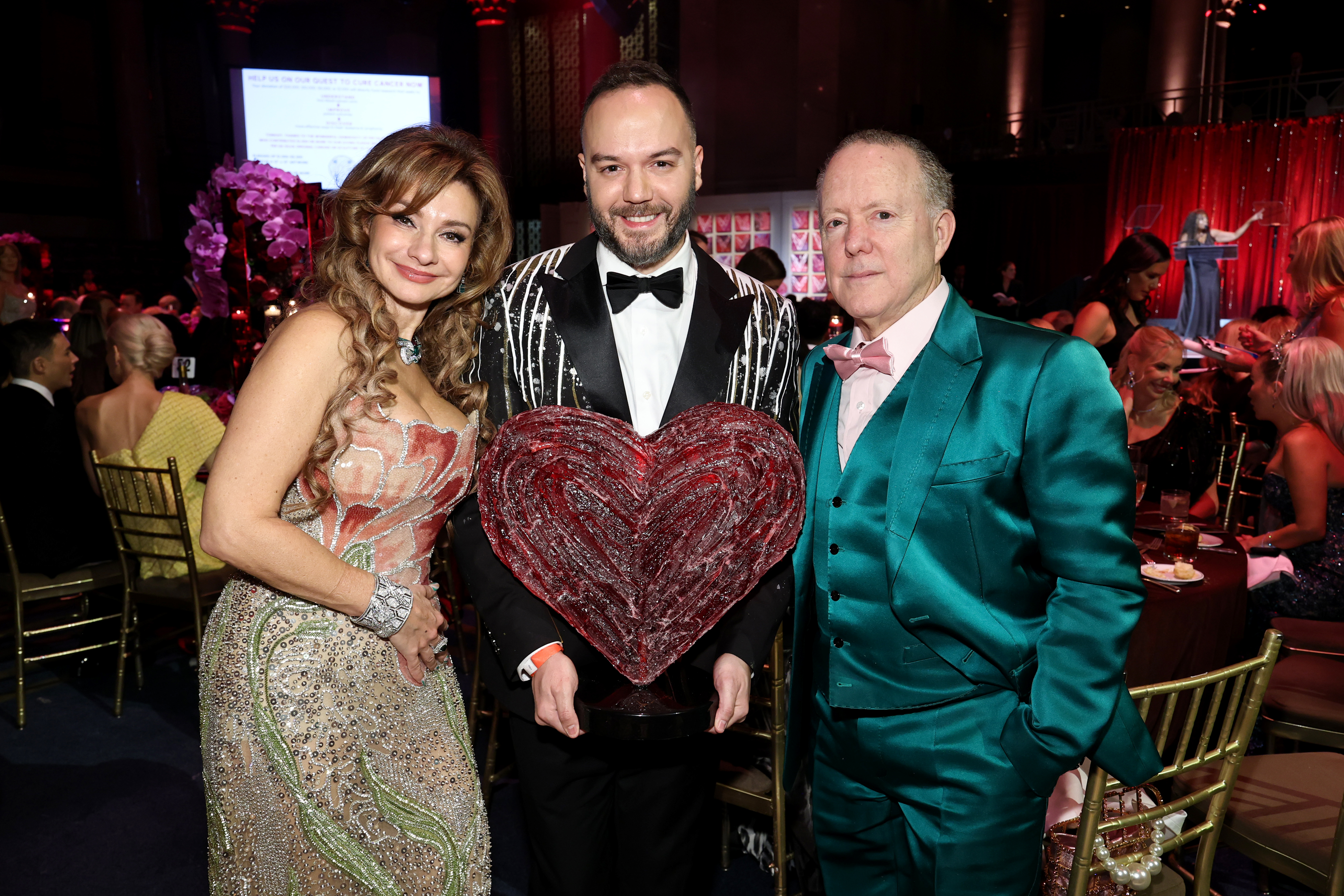
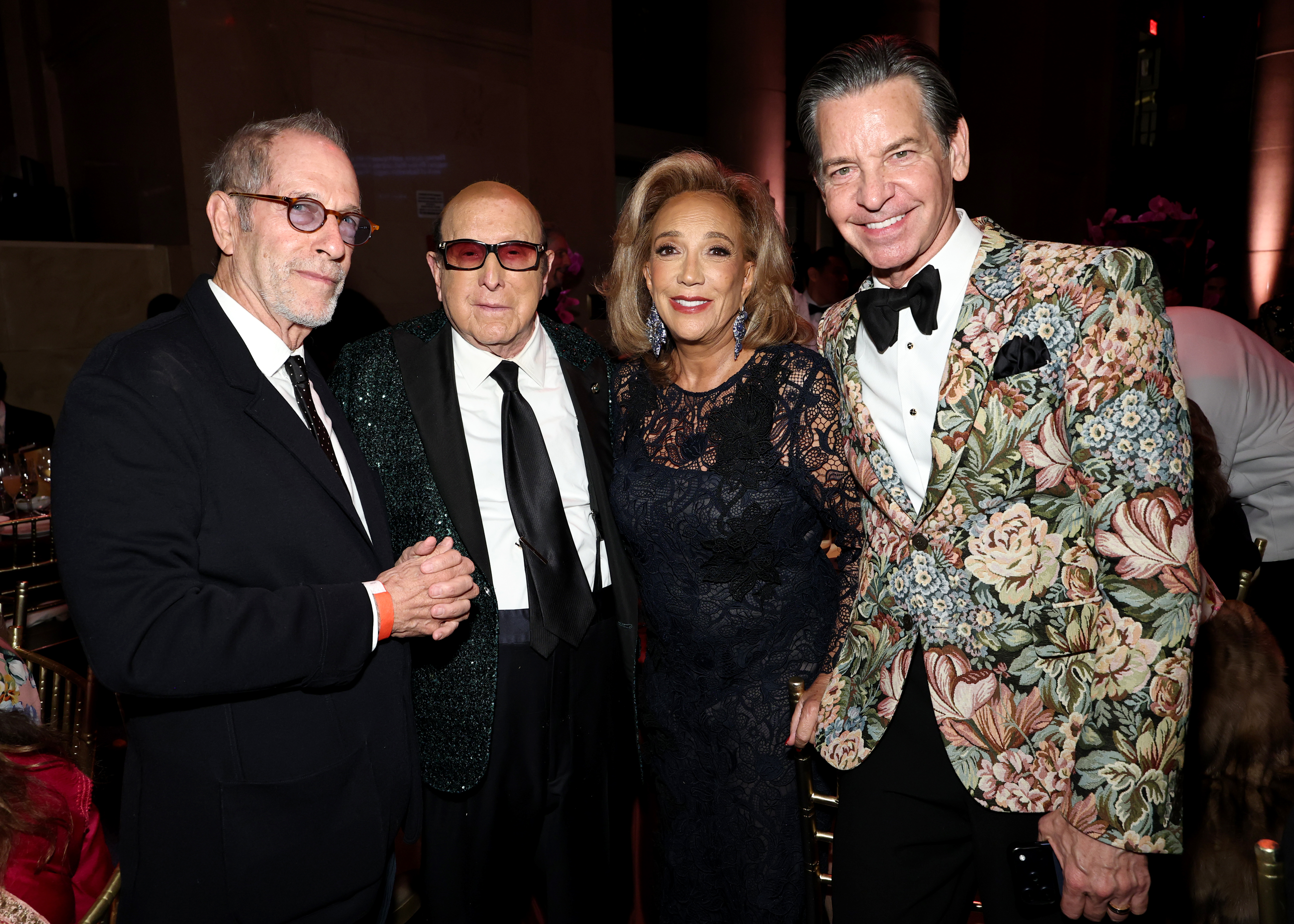
Cancer remains unsolved. It continues to improvise in devastating ways. The people in that ballroom were not celebrating victory. They were acknowledging responsibility. Philanthropy is still the most reliable bridge between scientific innovation and real human timelines.
Denise Rich has taken the most catastrophic moment of a mother’s life and turned it into long-term resilience for families she will never meet. She has shown that grief, when properly leveraged, becomes governance.
There is nothing romantic about this work. There is only determination and the belief that future patients deserve different outcomes than the ones we have already buried.
A Direct Request
If this disease has touched your life — statistically, it has — then you understand the stakes. Support the researchers who are rewriting treatment standards. Attend the events that fund progress. Give resources to the people whose job it is to outrun a mutation.
Cancer does not wait for better timing. Our response should not either.
